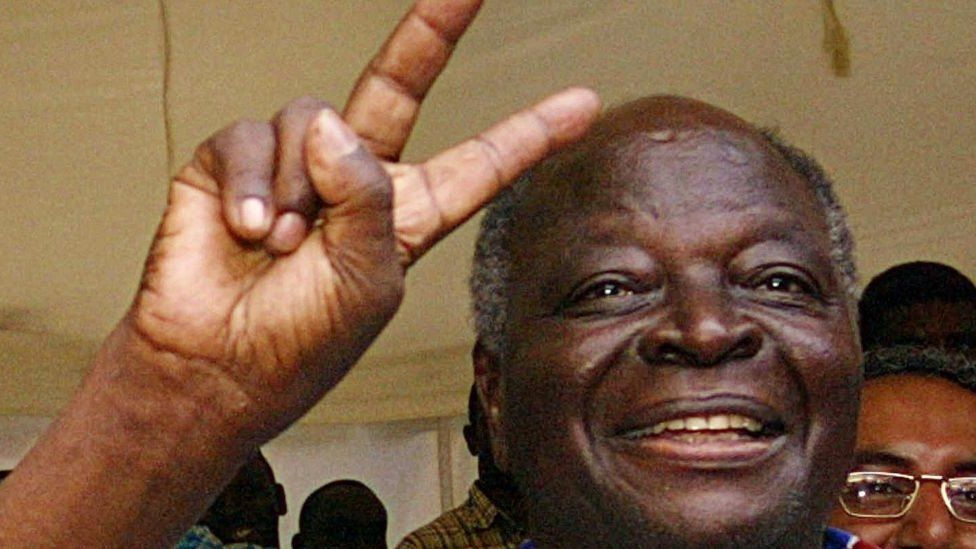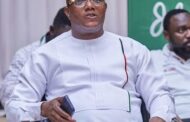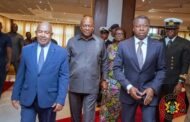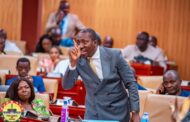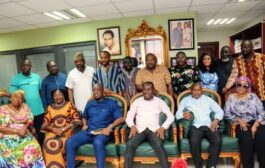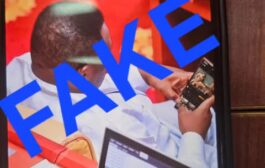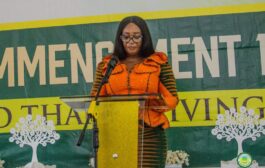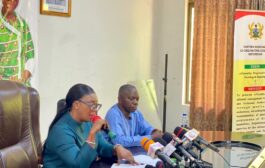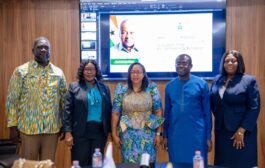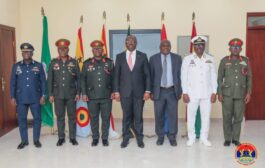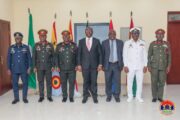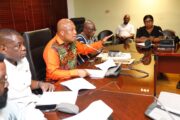Kenya’s former president, Mwai Kibaki, has died at the age of 90, President Uhuru Kenyatta has announced.
His 2002 election ended 40 years of one-party rule since independence.
However, his 2007 re-election sparked months of nationwide violence and led to 1,200 deaths.
President Kenyatta, defeated by Mr Kibaki in 2002, led the tribute to his former rival, saying he had “led the charge to keep the ruling party accountable”.
Mr Kibaki had “earned the abiding respect and affection” of this nation, the president continued.
Mr Kenyatta declared a mourning period until Mr Kibaki’s burial, with flags flying at half-mast. He will be given a state funeral with full military honours, President Kenyatta said.
Many Kenyans are expressing a real sense of loss and regard Mr Kibaki as the best president Kenya has had since independence.
He was a sharp economist who set the country on a path of economic growth. He held a number of senior positions in treasury and government in his political career that spanned decades.
Politically, however, he was regarded as a non-confrontational fence-sitter and opportunist. He opposed the introduction of multiparty democracy but jumped ship after the constitution was amended. He then embraced it, formed his own political party and, 10 years later, went on to win the election as head of an opposition coalition.
Both traits would be seen during his tenure as president. Kenya recorded one of its highest rates of GDP growth during his first term, before the violence of the 2007 election severely dented his legacy.
As well as his economic record, one of his biggest achievements was to introduce free primary education to Kenya.
He also introduced a new constitution in 2010, after it was overwhelmingly approved in a national referendum. It was billed by some at the time as the most important political event in Kenya’s history since it gained independence from Britain in 1963.
It introduced a more decentralised political system and limited presidential powers.
His biggest failure was the fight against corruption. He’d promised to fight it, but his government was rocked by major corruption scandals.
But the 2007-2008 election violence – the worst in the country’s history – was the lowest point of his presidency.
The electoral commission, under tight police security, declared Mr Kibaki the winner, although then opposition leader Raila Odinga disputed the outcome. President Kibaki was sworn in hurriedly for the second term as the country descended into violence.
An investigation led by former South African judge Johann Krieglar determined that both sides had participated in electoral malpractices in different regions which made it impossible to determine who had won that election.
The violence was eventually ended in a power-sharing deal brokered by former UN secretary general Kofi Annan, which saw Mr Odinga become prime minister.
Mr Odinga has joined those mourning the death of his former rival, describing it as “a very sad occasion for the nation” and saying Mr Kibacki had “served this country for many years with diligence, with fortitude, with honesty and transparency”.
He is survived by four children.
Source: BBC



